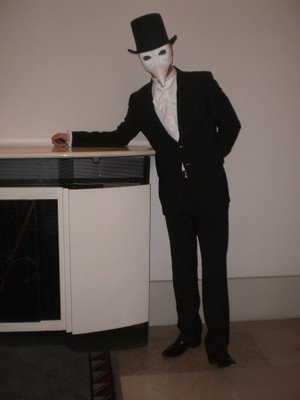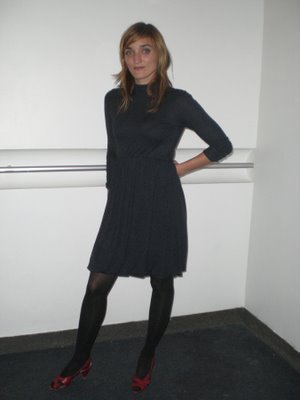Economics departments are ranked based mostly on their research output, and teaching quality is not very correlated with research. Indeed, it is not even clear to me whether the correlation across economists in teaching ability and research output is positive or negative. On the one hand, productive researchers are more talented overall than nonproductive researchers, and that talent spills over to other activities, including teaching. On the other hand, to the extent that professors are focused on research, that can take time away from teaching. So don't expect to get much better teaching at higher-ranked schools than lower-ranked one.Hi Dr. Mankiw,
I'm a high school senior from Montclair, NJ, an avid reader of your blog (and textbook), and generally, a big fan of economics. I'm right in the middle of the college application process, and I was wondering whether you might be able to speak to the importance of getting an undergraduate degree in economics from a school with a top-notch economics program. Does the prestige of the program really filter down into the undergraduate education? Obviously, it matters a great deal for PhD programs,but would I be missing out, for example, if I chose Yale or Amherst, schools with strong but not fantastic economics programs, over a place like Harvard, MIT or Chicago? I mean,from a strictly "undergraduate economics education" standpoint, all other factors aside.
Thank you so much for all the help--I really consider you one of my most important intellectual influences.
[name withheld]
The most important choice a high-school senior faces when choosing where to be an undergrad is between research-oriented universities and teaching-oriented colleges. If you go to a place like Harvard or Princeton, you get a famous faculty. But the first priority of that faculty is their own research and writing, and they are more likely to shower attention on grad students than undergrads. If you go to a place like Amherst, Swarthmore, or Williams, you get a faculty whose first priority is undergraduate teaching. But you do not have a menu of graduate courses to sample from, and you do not have as vibrant a research atmosphere to experience.
Having attended a small high school, I enjoyed being at a relatively large research university (Princeton) as an undergraduate. Given the career path I followed, that was the right choice. For someone who wants to consider a research career, being at a top research school conveys significant benefits: You get to know more active researchers early on, and you can attend a large array of research seminars. But those opportunities are not relevant for 90 percent of students at these schools, who will not go on to become PhD econonerds but will instead become doctors, lawyers, corporate executives, and so on. For those students, the choice of research university over teaching college is a closer call. I would still vote for the larger places like Harvard and Princeton, because they offer a more diverse range of activities and courses, but I would not argue too vehemently against smaller, more student-friendly colleges.






















































